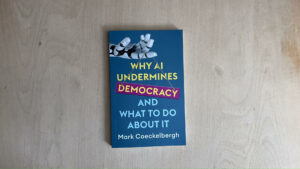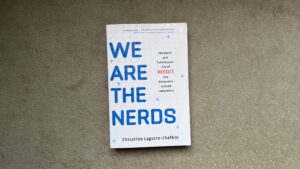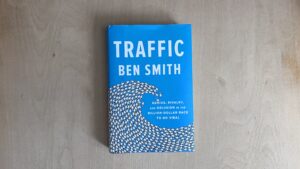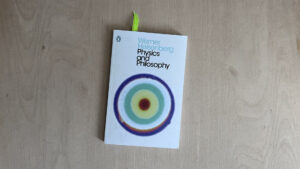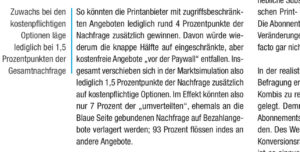 Forget stocks. Trust is the dominant value, the really rare equity of these days.
Forget stocks. Trust is the dominant value, the really rare equity of these days.
Investing in trust, finding the right hints, dealing with promising options and building a manageable portfolio with a strict risk management – ponder trust, distrust (mischief?) and ignorance – are important skills of businesses. Recognizing trustworthy businesses is crucial for other businesses as well as for users and customers.
Wealth is built by trading on the Trust Exchange. Wealth can be financial (money) or ideal (publicity), direct (selling) or indirect (increasing reach and impact), it can be personal (bound to a single person or a company) or social (open to a community).
All about trust and Trust Exchange Research on der-karl.com – follow the news.
The research basics
Trust Exchange is a research initiative. The main question:
Is there a common notion of trust in online media?
We focus on online media, especially trust in social media,
- because they are developing into one of the predominant filters through which we see the world – that’s neither tv anymore, nor is it direct conversations.
- because they shape (new ways of) interaction
- because there is a little space for negotiation left to question power, reach and impact – there is not much freedom left, but the online world is not yet as made of stone
As economists and stock traders did, we want to focus on new and emerging markets: the assumption is that there are even less established rules, additional open questions (brought up through censorship, smaller reach and different literacy skills), and new ways of media usage to learn from.
Online technology is the same in Ukraine and in Serbia, the same blogging tools are used in austria and in Kazakhstan. – But do we believe in the same kind of information, is the notion of trust the same?
The third big issue is: can we derive ways to build trust online? Is this a list of dos and donts is it pure luck? – Or is it just another play of power and manipulation?
Hit First, Ask Later?
To deal with these topics, we have to find the right questions first. How can you describe trust at all, which assumptions, feelings, ideas are brought together to form a notion of trust? Is there any common baseline, are there identifiable types of trust belonging to certain patterns of media and interaction?
This is why, for now, we start with asking three simple questions:
- Whom do you trust online?
- What is your trust built on?
- What difference does trust make?
Based on the answers – short words or elaborate essays, everything is welcome – we will work on a more elaborate questionnaire that will be spread to a broader audience.
The inputs of the first go round of Trust Exchange Research are collected here and updated weekly. Please support it by dropping a few words on your notion of trust (or answering the three questions above) – either as a comment right here, via editors (at) der-karl.com or on themashazine-Facebook-Page.
A few Thoughts on the Background of Trust
What do you talk of, when you talk of trust?
- Do you have a social, a political, a philosophical approach?
- Is trust bound to freedom, can you only trust when you are free to do so?
- If you don’t have another option than to trust – does this turn trust into hope? – You don’t have a choice, so you just hope that everything will turn out fine.
- What’s the relation of trust and power? we want to trust the powerful, because they could harm us; we want to trust in that they don’t. Do we need the trust of the weak? Does trust turn the weak into powerful ones: If they need to be trusted, if we need them to trust us – that means they are too powerful to be forced? Is this a part of the nature of trust that turns trust into one of the reasons of censorship: Because trust could lead to a shift of power, you have to avoid it as good as you can.
- What’s the relation between trust, freedom and attention? You can distrust me, you can tell others not to trust me – but by which means and in how far can you extend the effects of your opinion, convince other people? Give me a bad rating, if you can (eg on ebay) – are you sure it does not affect you at the end? You can even declare me public enemy, it might kill my reputation on one market, but it might be the most efficient PR I ever head in the rest of the world…
And after all: Why do almost all of us (at least officially) acknowledge that trust is simply a great thing?

